Introduction:
The clothing industry significantly impacts the environment, from the vast amounts of water and land required for cotton farming to the chemical pollution caused by synthetic fabric production. Consumers in the UK are increasingly seeking eco-friendly alternatives, aiming to reduce their environmental footprint through conscious purchasing decisions. One such choice gaining popularity is bamboo socks. Known for their comfort and performance, bamboo socks also bring a host of environmental benefits. This article explores how choosing socks made from bamboo can contribute to a more sustainable future.
Renewable Resource
One of the most compelling environmental advantages of bamboo socks lies in the nature of bamboo itself. Bamboo is a highly renewable resource, offering a more sustainable option compared to traditional materials like cotton and synthetic fibres.
Bamboo Growth:
Bamboo is one of the fastest-growing plants on the planet, with some species capable of growing up to 91 cm (about 3 feet) in just 24 hours. This rapid growth means that bamboo can be harvested and replenished much more quickly than traditional crops like cotton. Unlike trees used in fabric production, which can take decades to mature, bamboo can be ready for harvest in just 3-5 years. This quick growth cycle reduces the pressure on natural forests and helps maintain a balanced ecosystem.
Land Use – Less Land Required for Bamboo Farming:
Bamboo can thrive in a variety of environments, including areas with poor soil conditions that are unsuitable for other crops. Additionally, it requires significantly less land to cultivate compared to cotton, which demands large plots of fertile land. Bamboo's dense growth pattern allows it to yield more raw material per acre than other textile crops, making it an efficient and space-saving option for fabric production. By requiring less land, bamboo farming minimises the disruption to natural habitats, aiding in the preservation of biodiversity.
Chemical-Free Production
The production of bamboo socks is environmentally friendly due to the plant's natural resistance to pests and its compatibility with low-impact manufacturing processes.
Natural Pest Resistance:
Bamboo naturally contains an antimicrobial agent known as "bamboo kun," which makes it resistant to pests and bacteria. This natural defence mechanism means that bamboo can be grown without the need for chemical pesticides or fertilisers, unlike cotton, which often requires heavy use of these harmful substances. By eliminating the need for pesticides, bamboo farming reduces chemical runoff into soil and water sources, protecting local ecosystems and reducing environmental pollution.
Eco-Friendly Manufacturing Processes:
While some bamboo fabrics are processed using chemical methods, many eco-friendly bamboo sock manufacturers opt for mechanical processing. This involves crushing the bamboo into a pulp and then combing out the fibres to create yarn. Mechanical processing is less energy-intensive and involves fewer chemicals than the production of synthetic fibres like polyester or nylon. By choosing socks made from bamboo processed through eco-friendly methods, consumers can further minimise their environmental impact.
Biodegradability
Another significant environmental benefit of bamboo socks is their biodegradability. Unlike synthetic fibres, which can take hundreds of years to decompose, bamboo socks break down naturally, reducing the strain on landfills.
Impact on Landfills:
The fashion industry contributes significantly to landfill waste, with millions of tons of clothing discarded every year. Most synthetic fibres, like polyester, are not biodegradable and can take centuries to break down, leaching harmful microplastics into the environment in the process. In contrast, bamboo is a natural fibre that decomposes relatively quickly. When properly disposed of, bamboo socks can break down within a few months to a couple of years, depending on environmental conditions, reducing the accumulation of waste in landfills.
Sustainable Disposal:
Bamboo socks’ biodegradability means they can be disposed of in a way that minimises environmental harm. If composted correctly, they can even contribute to soil fertility by releasing essential nutrients as they break down. This sustainable disposal option helps close the loop in the product life cycle, turning what could have been waste into a resource that supports the environment.
Carbon Footprint Reduction
The carbon footprint associated with bamboo socks is lower than that of other materials, thanks to bamboo's natural ability to absorb carbon dioxide and its efficient cultivation process.
Carbon Absorption:
Bamboo is an incredible carbon sink, absorbing up to five times more carbon dioxide and producing 35% more oxygen than an equivalent stand of trees. By cultivating bamboo for fabric production, farmers can help offset carbon emissions, contributing to the fight against climate change. This high rate of carbon sequestration makes bamboo an ideal crop for sustainable textile production.
Supporting Ethical Practices
Bamboo socks not only benefit the environment but also support ethical practices within the textile industry, particularly when sourced from responsible manufacturers.
Ethical Production Methods:
Many companies producing bamboo socks adopt ethical manufacturing practices, focusing on fair labour conditions and eco-friendly processing. By using sustainable farming methods and avoiding harmful chemicals, these manufacturers prioritise both the health of the environment and the well-being of their workers. Supporting these brands encourages a shift toward more ethical and sustainable practices within the fashion industry.
Supporting Local Businesses:
In the UK, the growing demand for eco-friendly socks has led to the emergence of local brands specialising in bamboo socks. By choosing the best men’s bamboo socks in the UK, consumers can support local businesses committed to sustainability. This local support not only boosts the economy but also reduces the carbon footprint associated with importing goods from overseas.
Conclusion
Switching to bamboo socks offers numerous environmental benefits, from promoting sustainable agriculture to reducing landfill waste. Bamboo's rapid growth and minimal land use requirements make it an incredibly renewable resource, while its natural pest resistance and compatibility with eco-friendly manufacturing processes reduce chemical use and pollution. Additionally, bamboo socks are biodegradable, helping to minimise the environmental impact of clothing waste. By absorbing carbon dioxide and supporting ethical production methods, bamboo socks play a key role in fostering a more sustainable and eco-conscious lifestyle.
If you're looking for a way to reduce your environmental impact without compromising on comfort, consider making the switch to bamboo socks. Whether you're searching for eco-friendly walking socks or simply want to incorporate more sustainable choices into your wardrobe, bamboo socks are an excellent option. Choose socks made from bamboo and take a step towards a greener future today!




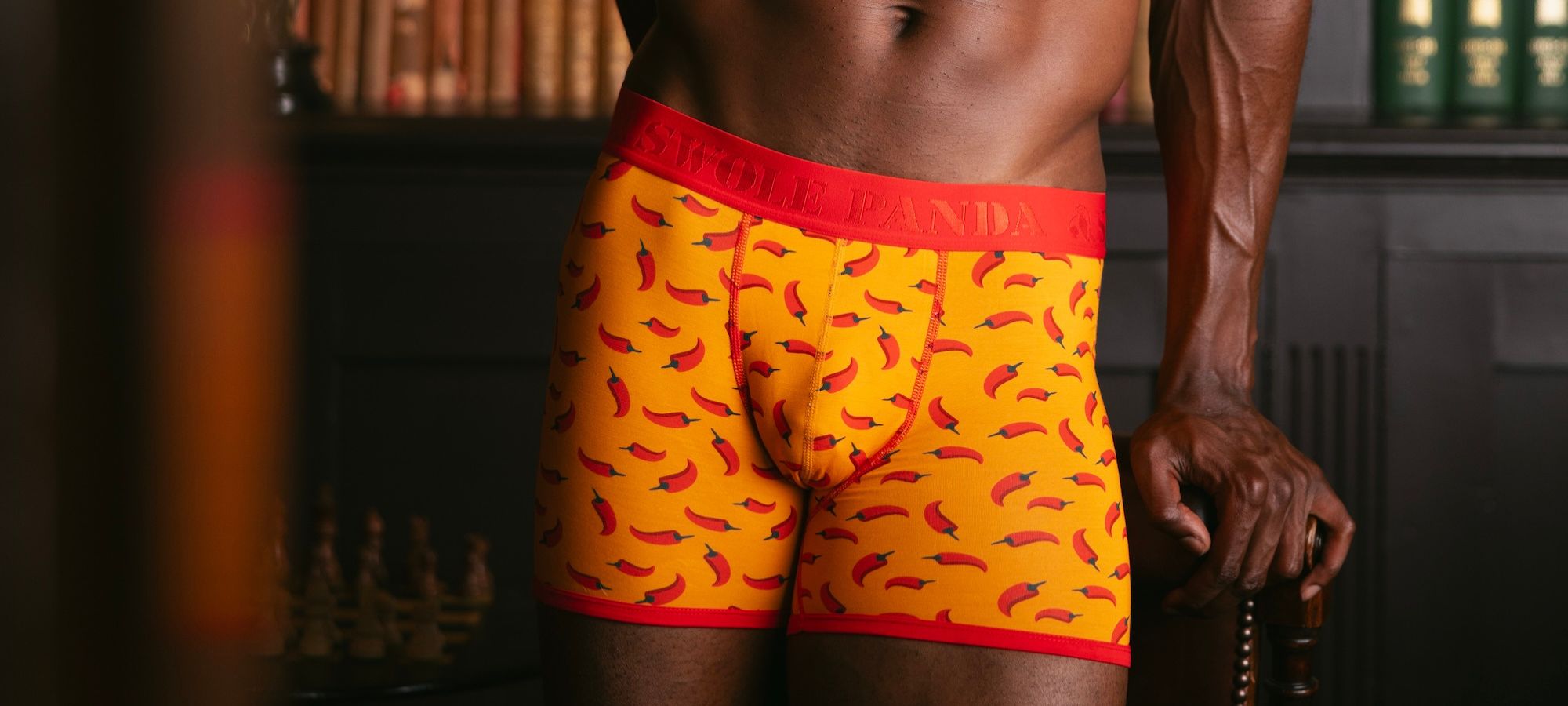
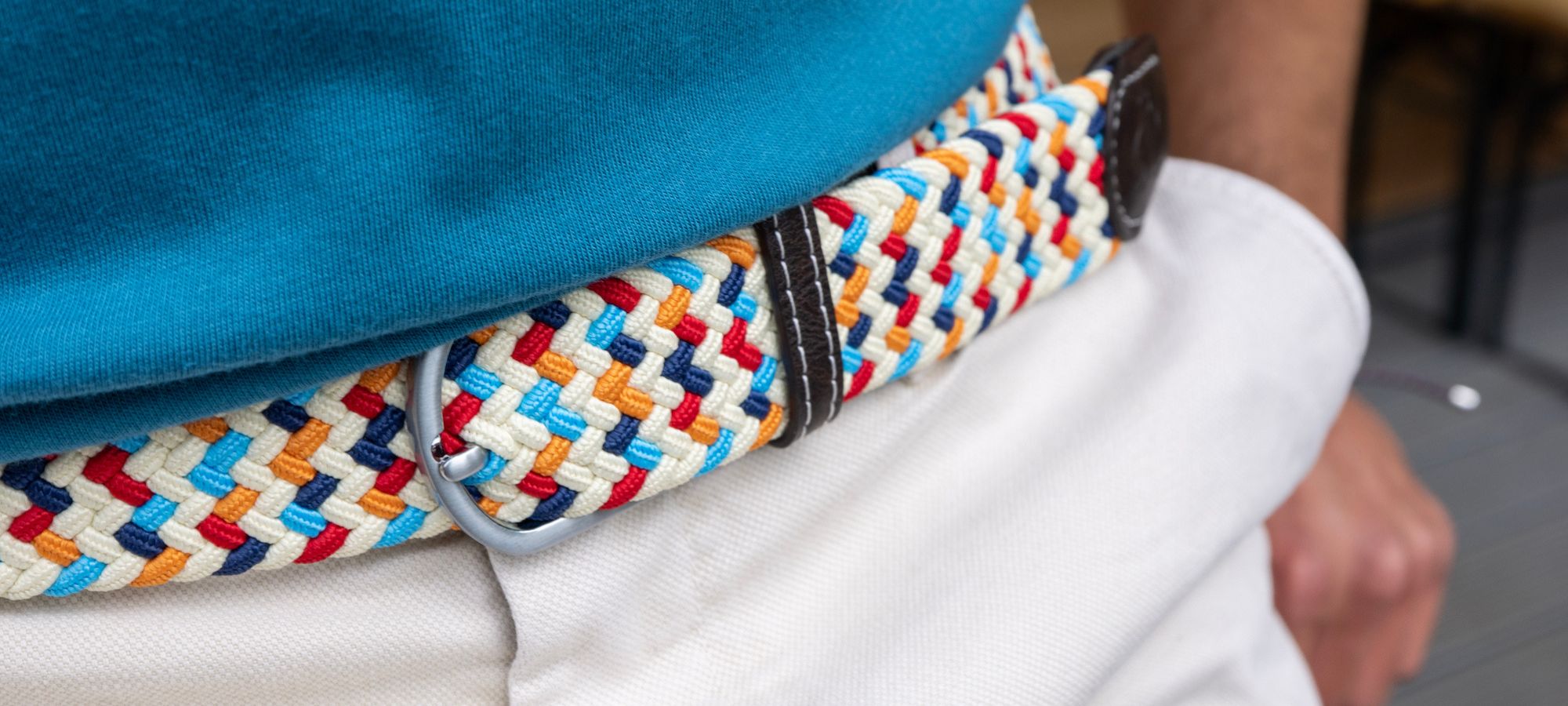

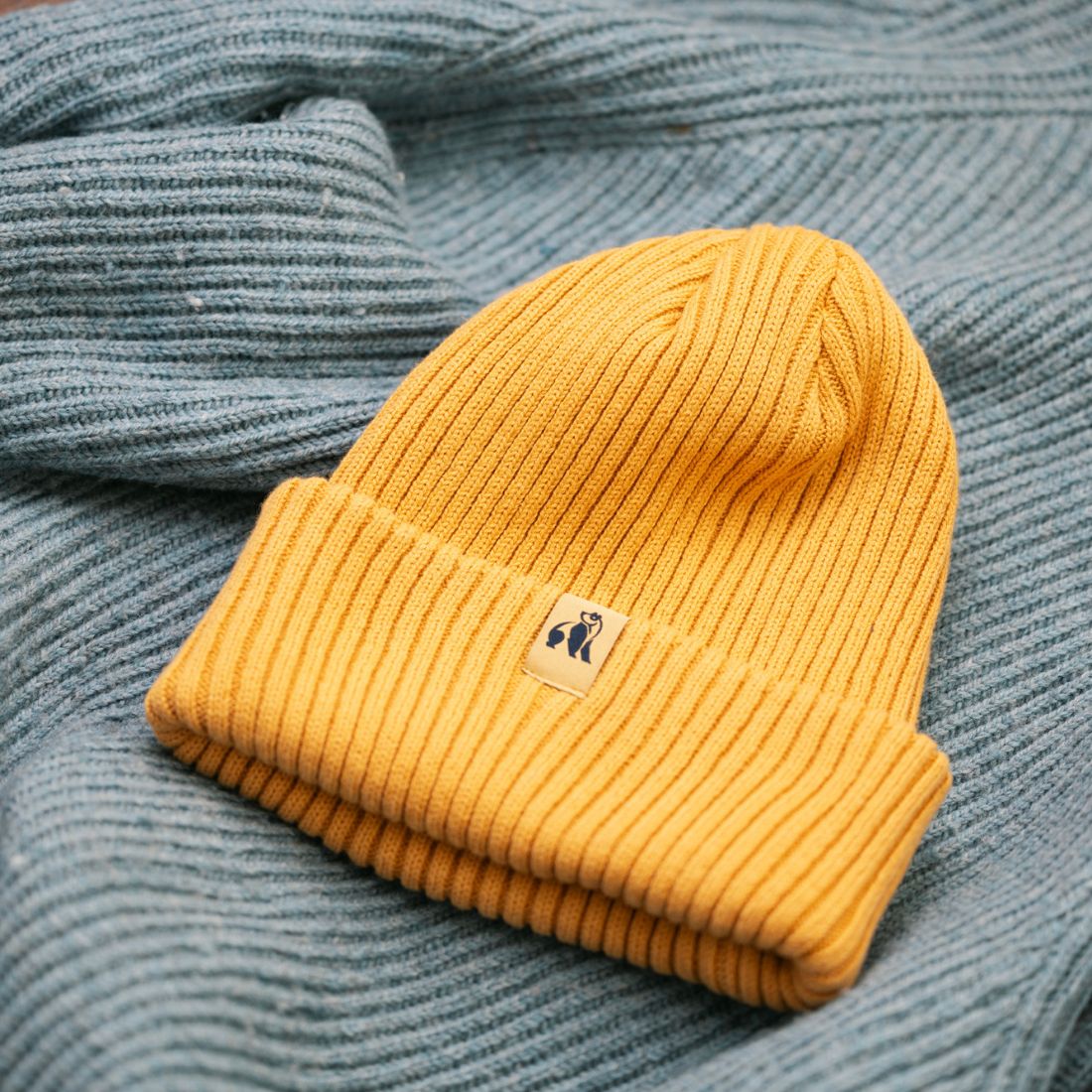

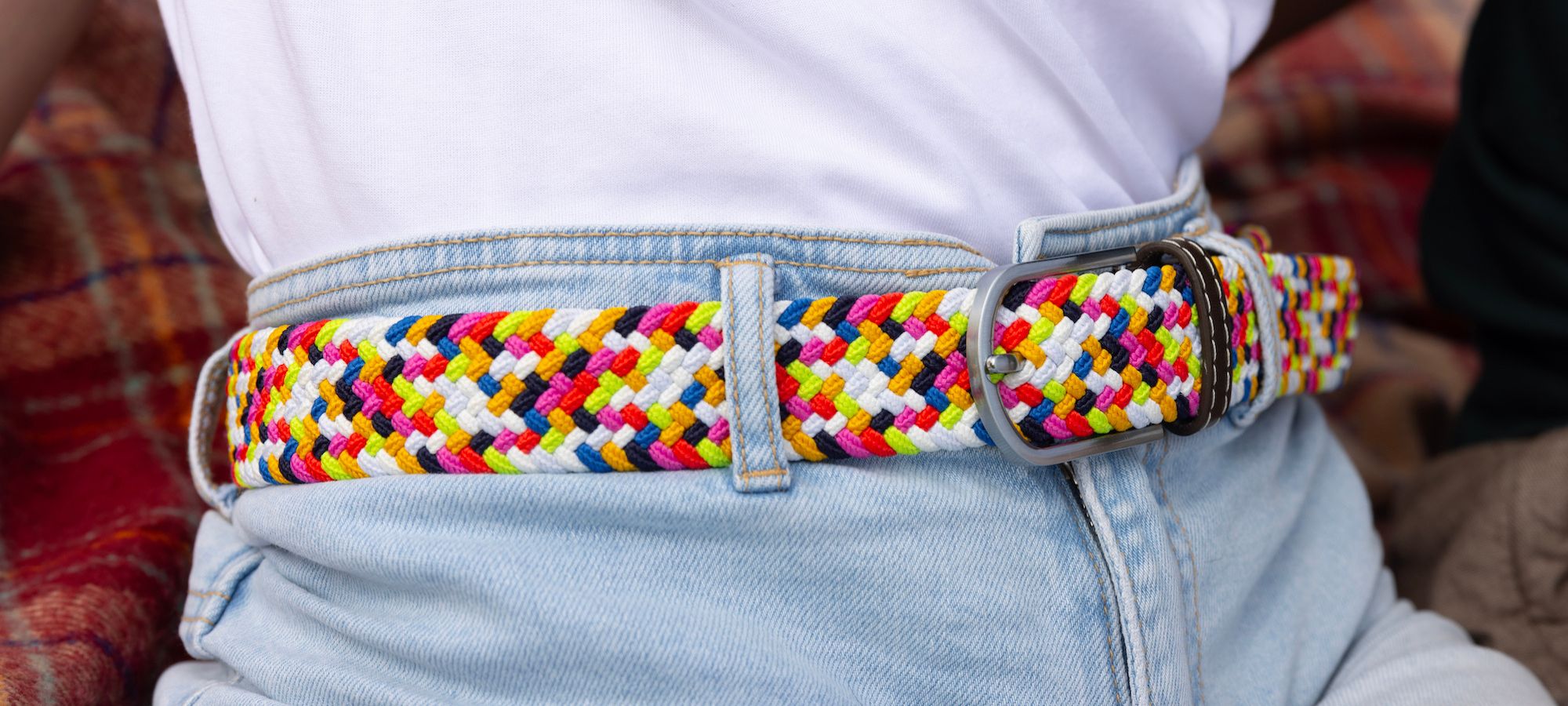

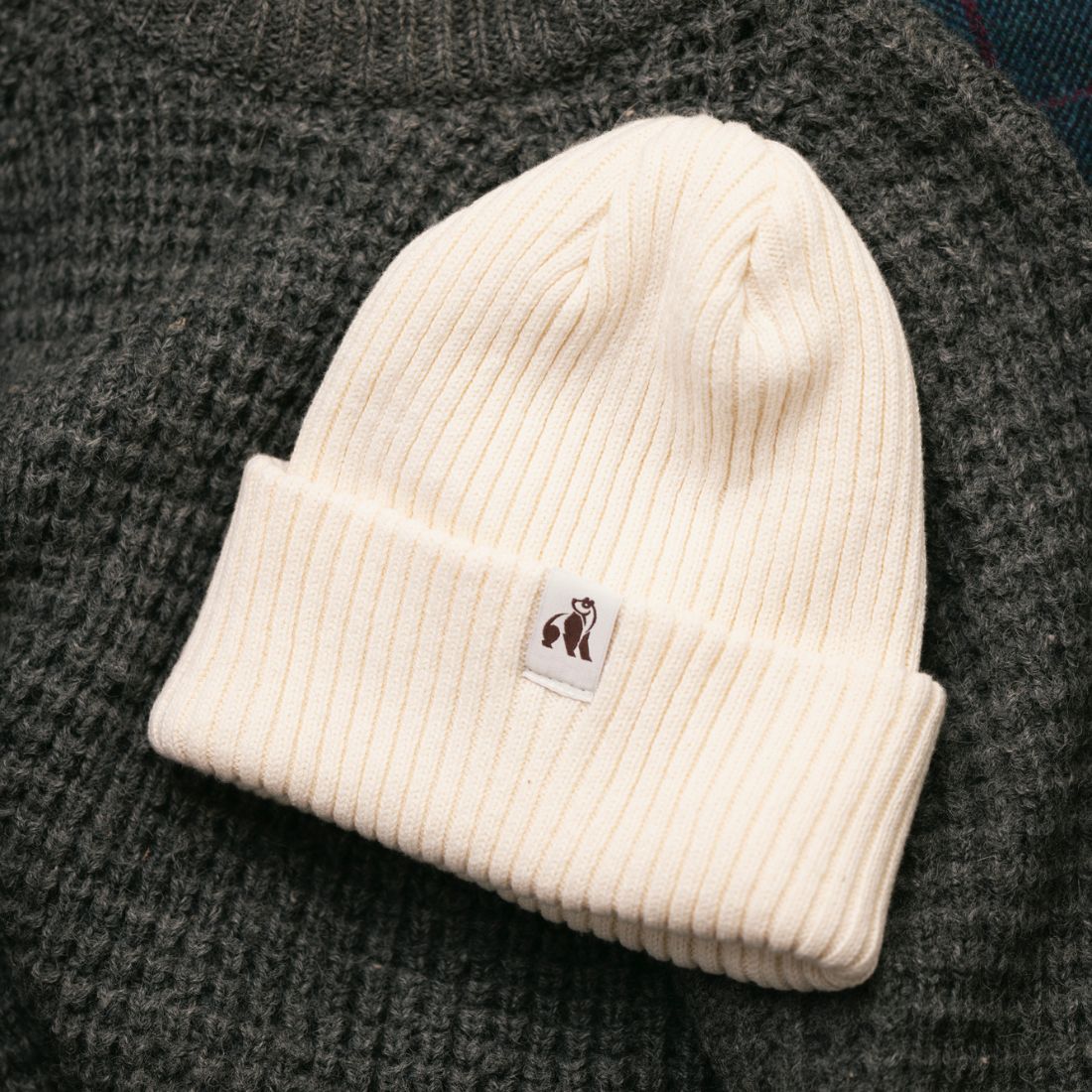

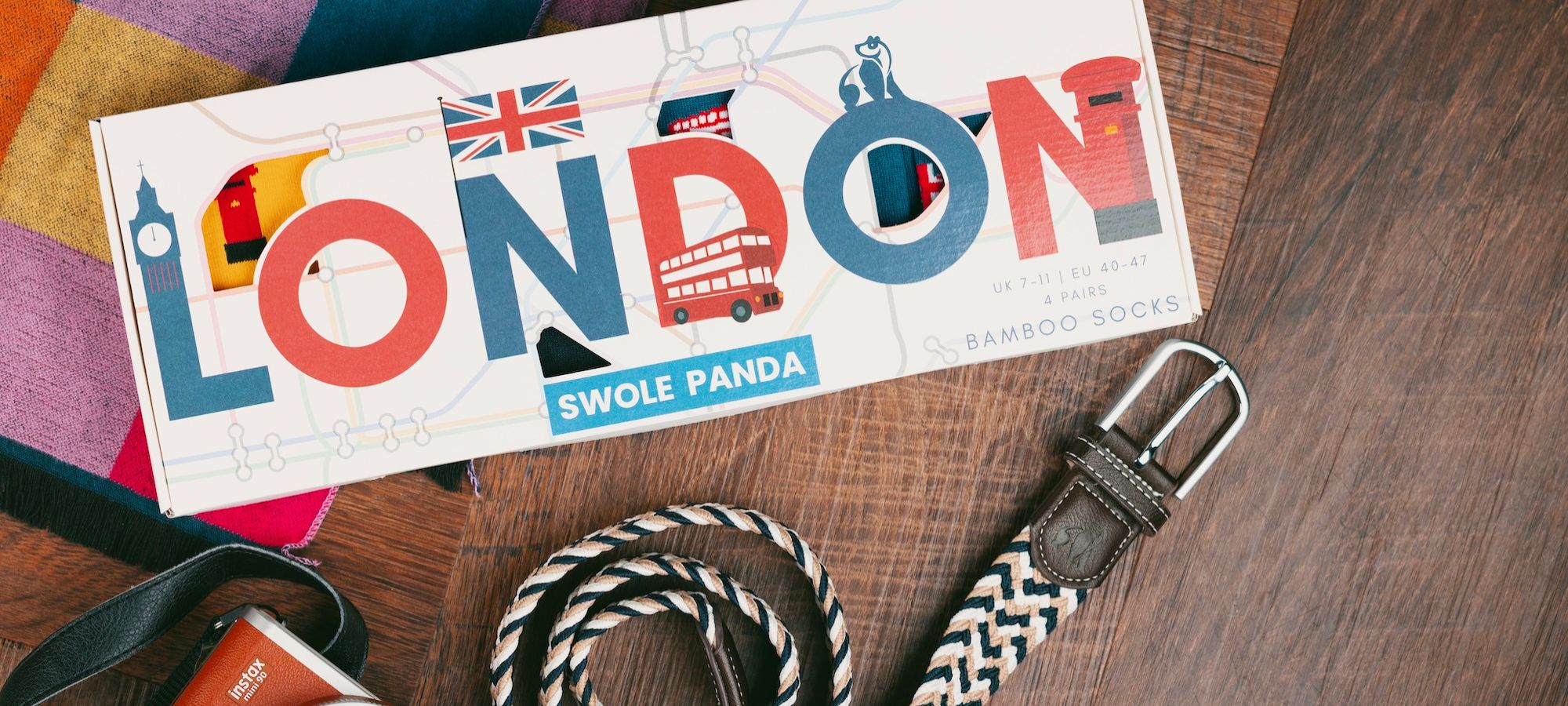
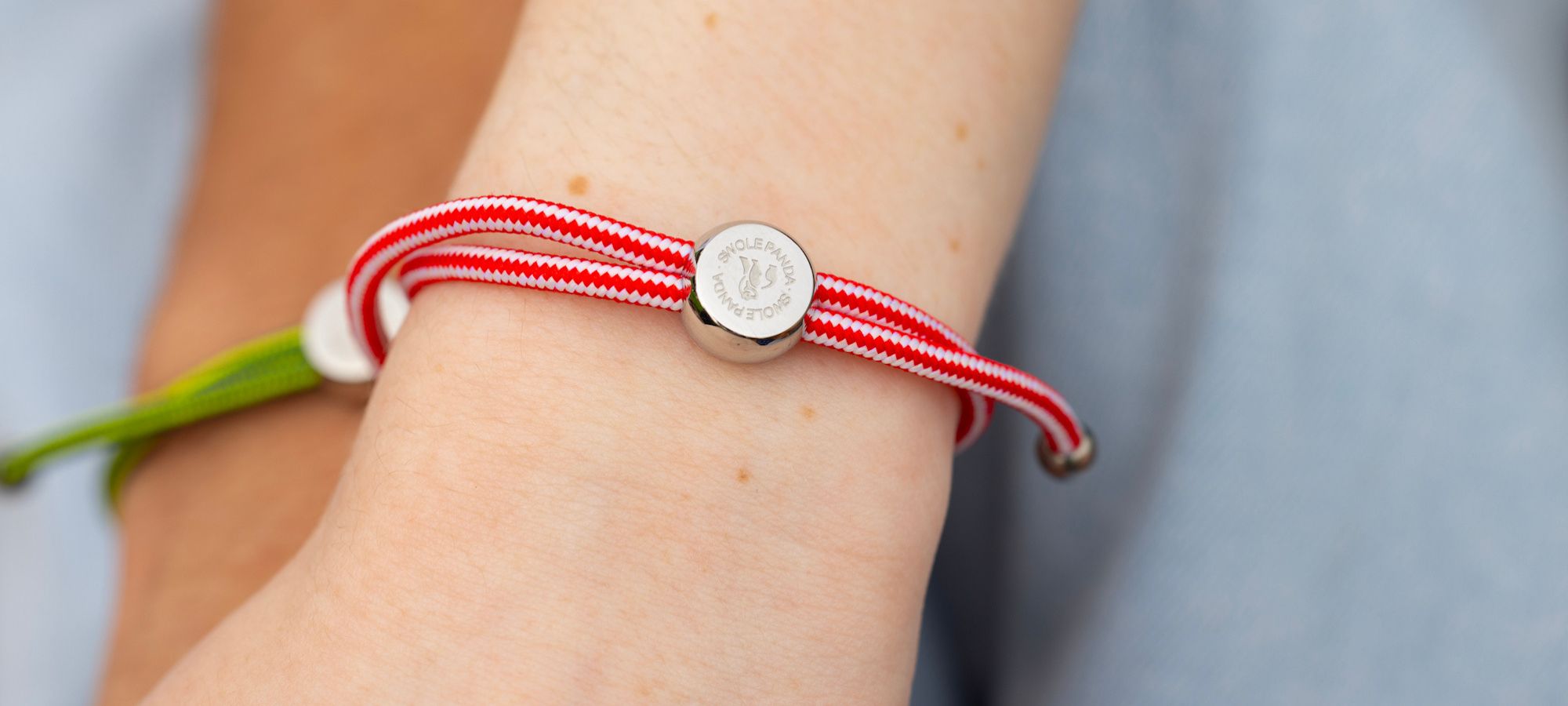
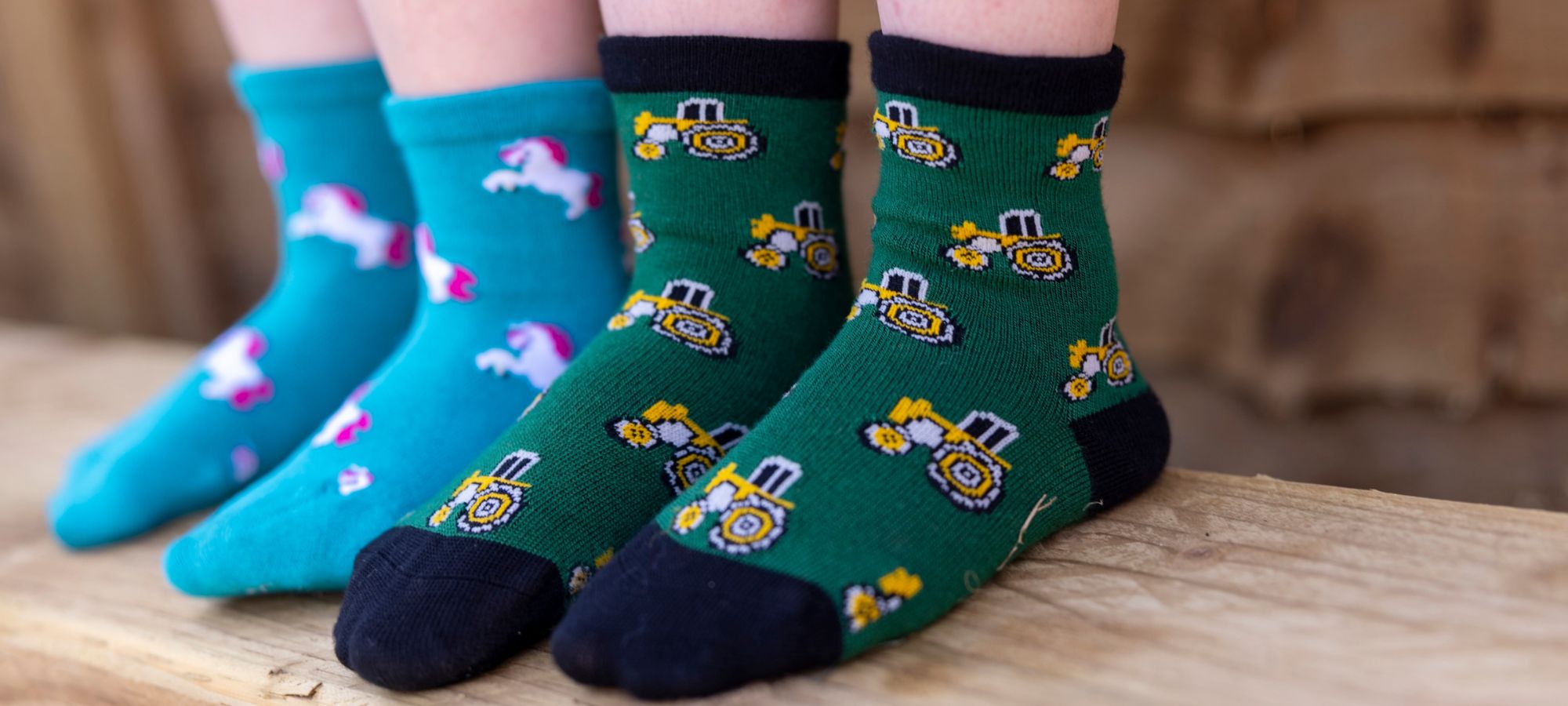
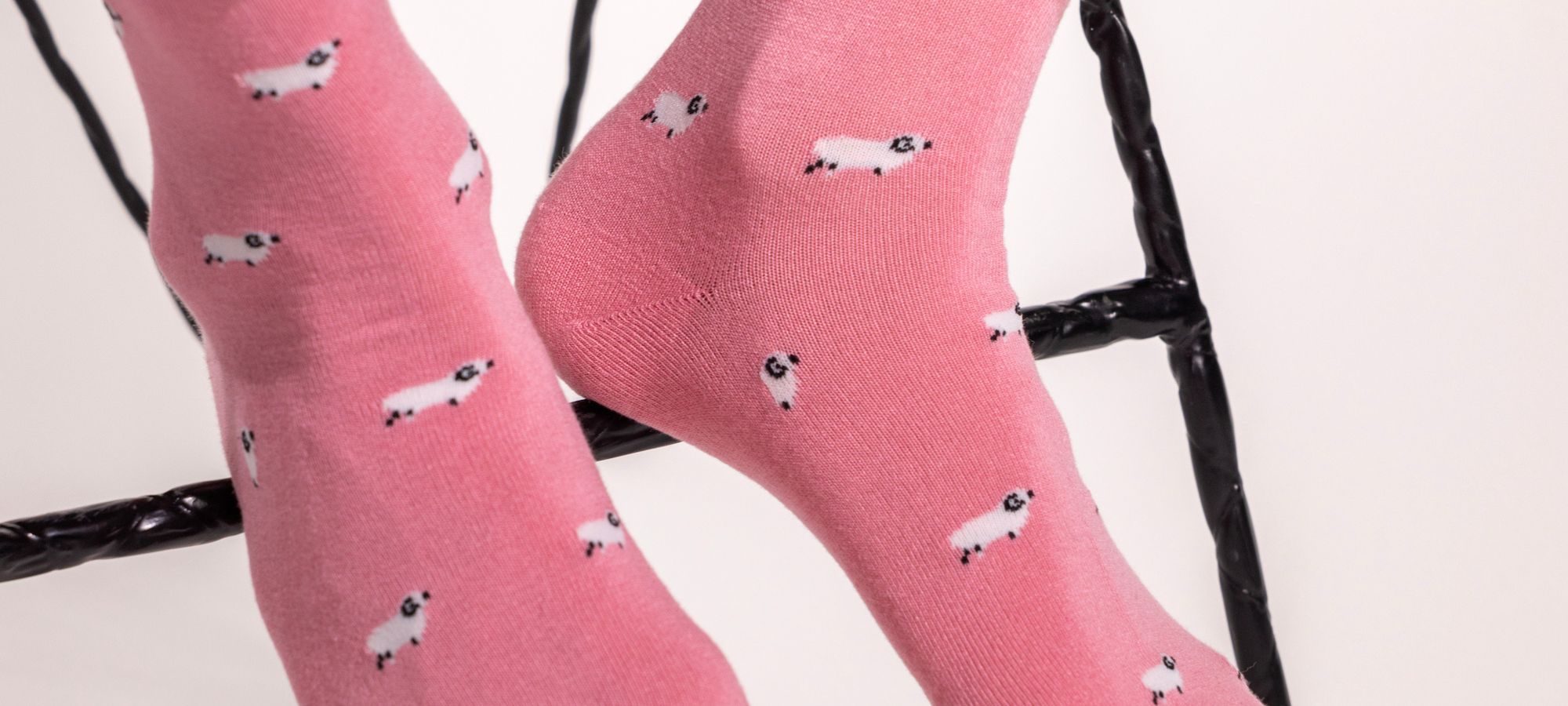

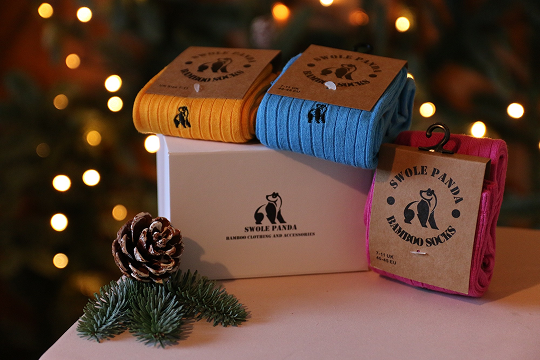

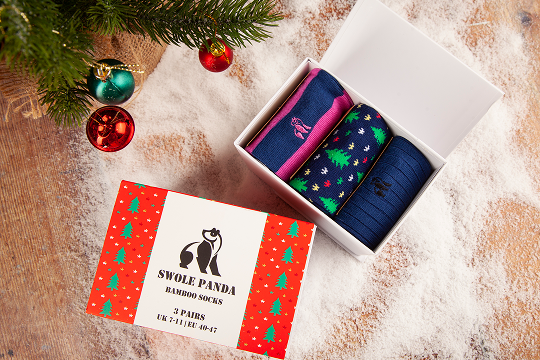



















Leave a comment